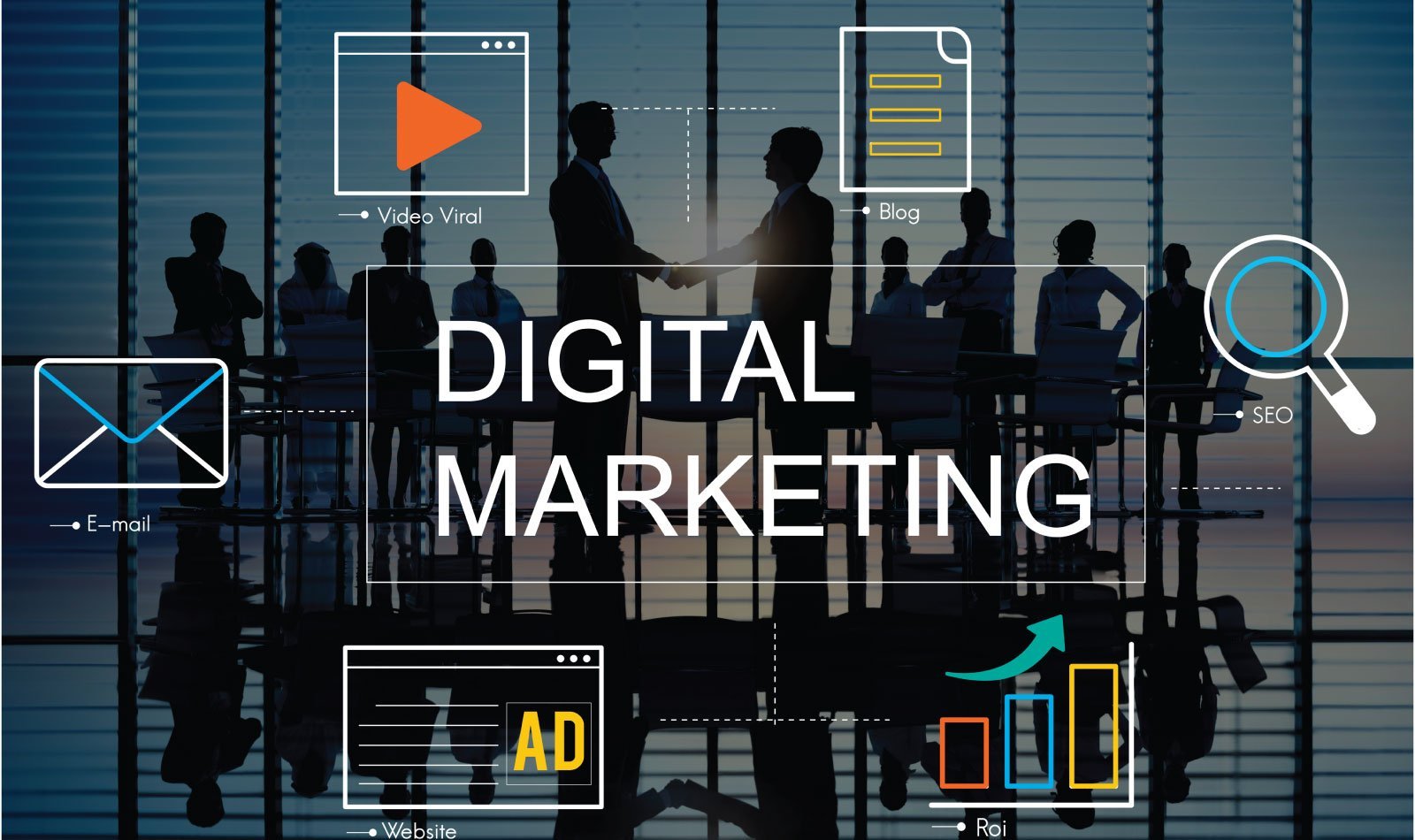
Essential Computer Skills for the Modern Workforce
In today’s digital age, proficiency in various computer skills is crucial for professional success. Here, we outline key areas including graphic design, digital marketing, SEO, HTML, and data analysis.
1. Graphic Design

Graphic design involves creating visual content to communicate messages. Key skills include:
- Adobe Creative Suite: Proficiency in Adobe Photoshop, Illustrator, and InDesign is essential for creating and editing images, illustrations, and layouts.
- Typography: Understanding fonts and how to use them effectively in design.
- Color Theory: Knowledge of color principles and how to use them to evoke emotions and convey messages.
- UI/UX Design: Designing user-friendly interfaces and ensuring a positive user experience.
- Creative Thinking: Ability to conceptualize and create innovative designs.
2. Digital Marketing

Digital marketing is the promotion of products or brands via electronic media. Important skills include:
- Social Media Marketing: Using platforms like Facebook, Instagram, and Twitter to reach and engage with your audience.
- Content Creation: Writing, video production, and graphic design to create engaging content.
- Email Marketing: Designing and sending email campaigns using tools like Mailchimp.
- Analytics: Understanding and using tools like Google Analytics to measure and optimize marketing efforts.
- Pay-Per-Click (PPC) Advertising: Managing and optimizing paid advertising campaigns on platforms like Google Ads.
3. Search Engine Optimization (SEO)

SEO involves optimizing websites to rank higher in search engine results. Key skills include:
- Keyword Research: Identifying the terms and phrases that potential customers use in search engines.
- On-Page SEO: Optimizing website content, including meta tags, headers, and images.
- Technical SEO: Ensuring that the website is technically sound, with proper indexing, site speed, and mobile-friendliness.
- Link Building: Acquiring high-quality backlinks from reputable sites to improve search rankings.
- Content Optimization: Creating and refining content to rank well in search engines.
4. HTML (Hypertext Markup Language)
HTML is the standard language for creating web pages. Important skills include:
- Basic HTML Structure: Understanding tags, elements, and attributes.
- CSS (Cascading Style Sheets): Using CSS to style HTML elements.
- Responsive Design: Creating web pages that work well on both desktop and mobile devices.
- Forms and Inputs: Designing and implementing web forms.
- JavaScript Basics: Understanding basic JavaScript to enhance interactivity on web pages.
5. Data Analysis

Data analysis involves inspecting, cleansing, transforming, and modeling data to discover useful information. Key skills include:

- Excel and Spreadsheets: Proficiency in using Excel for data manipulation and analysis.
- SQL (Structured Query Language): Using SQL to query and manage databases.
- Data Visualization: Creating visual representations of data using tools like Tableau and Power BI.
- Statistical Analysis: Understanding statistical methods and their applications.
- Python/R: Using programming languages like Python and R for advanced data analysis.
Conclusion
Mastering these computer skills can significantly enhance your professional capabilities and open up numerous career opportunities. Whether you are designing compelling graphics, optimizing websites for search engines, crafting effective digital marketing strategies, writing clean HTML, or analyzing complex datasets, these skills are indispensable in the modern workplace.
This guide provides a foundational understanding of each skill area. Expanding your expertise in these domains will help you stay competitive in today’s fast-paced digital environment.
